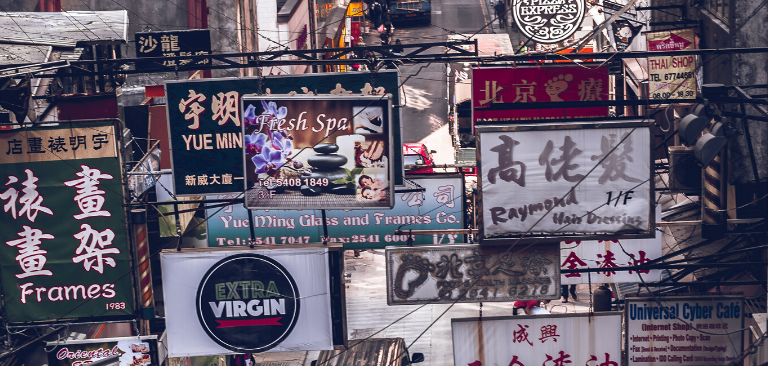It seems that the trouble with China’s new National Security Law (NSL) has just began, especially when it comes to Hong Kong.
Hong Kong Chief Executive Carrie Lam has made a decision to invoke the law, which came into force in late June, in order to allow the territory’s police to enter premises without warrant, restrict movement, and freeze or forfeit assets – but also intercept communication, and request ISPs or platforms to remove information online.
Hong Kong has until now enjoyed a special status within China, including being left out of some of the most restrictive online censorship rules applying to the mainland, like the Great Firewall.
That is still ostensibly the case, but with the new, controversial law – online privacy, speech, and expression seem to be shrinking fast.
Those behind ISPs and network providers who are found to be providing inaccurate or misleading information to the police could face 6 months to 2 years in prison or pay fines equivalent to some $13,000.
Facebook said it was “pausing review of government requests for user data from Hong Kong pending further assessment of the National Security Law” – in light of “human rights due diligence” – while Google is still expected to react.
Meanwhile, Hong Kong Free Press goes into some detail regarding the issue of new police powers, that it says will among other highly contentious provisions require ISPs to remove information.
China’s new law has a pretense of preventing secession, subversion, terrorism, and foreign interference – but in the process, unrelated to these activities, online freedoms in Hong Kong will take a significant hit.
That’s because law enforcement is now given the power to, as they see fit, ask ISPs, publishers, or hosting services to remove information seen complicit in the crimes covered by the law.
“They may also restrict or stop anyone from accessing to such platforms,” Hong Kong Free Press writes.
Sounds like the Great Firewall extended. It remains to be seen if and how Beijing will implement these rules.













